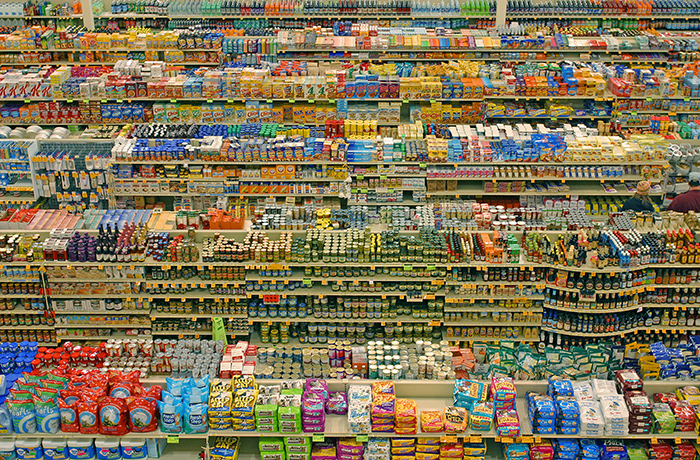Last week we saw Shane Jones bagging Countdown for their treatment of suppliers. But don’ t for a moment think the New World/ Pak’nSave crowd are any better. Jones is picking on the Aussies because they are picking on us over there. The truth is that both sides of our cosy supermarket duopoly are as bad as each other.
It is ridiculous to hear people saying the grocery business is very competitive, it’s quite the opposite. We have in place a duopoly, so a more accurate description of the sector is that this concentration of market power is a good prospect for seeing suppliers being screwed to oblivion.
And none get screwed over more than the local growers of fresh produce. Make no mistake, supermarkets hate fresh produce. It is so inconvenient the way it goes off; supermarkets prefer the stuff that stays on their shelves for months, which is why they reserve a larger markup for the fresh stuff. The only reason they put it at the front of the store is to lull you into a false sense of security that the food in their store has some vague link to nature. This is why prices are lower at fruit and vege markets.i
Supermarkets have huge power over fruit and vege growers for a couple of key reasons. Firstly they can bring in cheap food from overseas, without needing to recognise that the stuff has lost most of its nutrients and been dipped in chemicals to take care of any foreign critters. Secondly, fruit and veg growers are over a barrel as soon as their crop matures. Everyone’s crop matures at the same time, and they need to sell it, straight away. So they are really at the mercy of the supermarkets to shift produce, which means they are ripe for the picking, so to speak. No wonder fruit and vege prices in supermarkets have gone up, but returns to growers have fallen.ii Now the greedy supermarket intermediaries have forced all the corner stores out of business they can push their market dominance to the point that consumers finally resort to turning up at Sunday markets to stock up for the week.
Fresh food suppliers also have to compete with an infinite supply of fake food of minimal nutritional value. The supermarkets can dish this stuff up to ignorant consumers who are driven by price alone, because the promotional materials are totally misleading. So the reality for a local fruit and veg producer is they must match that price otherwise they’re off the shelves.
This is the flawed thinking Nick Leggett displayed when he called for more competitive supermarkets as an answer to the obesity problem. If supermarkets get more competitive, their focus will still be on competing over fake foods, rather than the nutritious stuff.
There’s a beautiful solution here. We could lift the nutritional content of all food by taxing the garbage and using the proceeds to subsidise the gems. Then let’s see if consumers will rush to fake food once its price advantage is neutralised.
In our view these subsidies would be best distributed as a voucher system for fruit and veg, targeted at kids. This would stop the supermarkets soaking up all of the subsidy themselves, as could happen if we took GST off the price of these items.
Why have our governments stood by and allowed obesity, our greatest health problem – to become a weapon for the supermarket duopoly who by being free to peddle fake food, can drive suppliers of nutritional food to the wall? Nutritional, whole foods of course are almost by necessity, locally produced. Our quest for cheap fake food has both stuffed our diet, crushed our producers of the good stuff, and enabled market concentration in food retailing to such an extent that odious business practices are being uncovered. Sounds like a case for trust-busters to combine with nutritionists and health professionals to help the politicians stop the rot.
i Nanayakkara, A., et al. (2013). Wikileeks: Digging up Secrets of Fruit and Vegetable Prices at Markets and Supermarkets in Wellington and Christchurch.
ii Guthrie, J., Guthrie, A., Lawson, R., & Cameron, A. (2006). Farmers’ markets: the small business counter-revolution in food production and retailing. British Food Journal, 108(7), 560-573.

